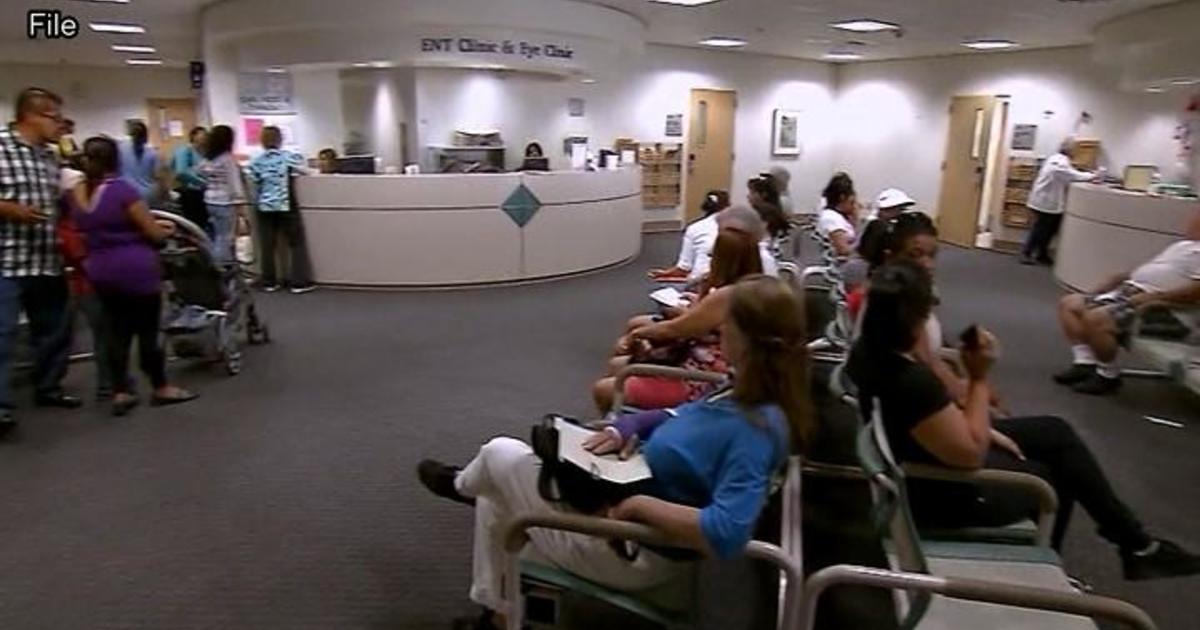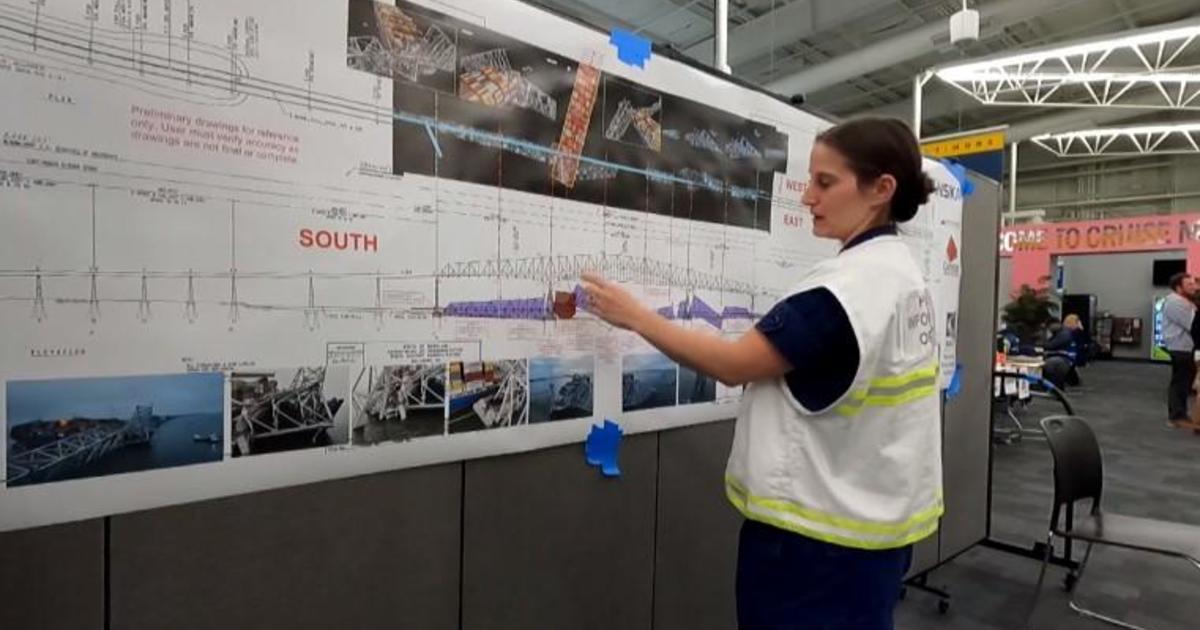Laser Strikes Also Affecting Coast Guard
BALTIMORE (WJZ) -- Lifesaving rescues have been put in danger by laser pointers. It's a blinding reality Coast Guard air crews are dealing with.
Alex DeMetrick reports laser hits threaten crews and the people they're trying to save.
In this line of work, there's no such thing as routine. Every rescue Coast Guard air crews pull off present its own challenges. Night rescues don't make it any easier. Finding someone struggling to stay alive in dark water takes sharp vision---which can be seriously impacted by a laser pointer aimed at a cockpit.
"For Coast Guard Air Station Atlantic City, we get about three laser strikes per month," said Lt. Shawn Chauvot, a Coast Guard pilot.
Ocean City is part of the Atlantic City crew's coverage area. They're here Tuesday because what might seem like a prank on the ground can be deadly serious business for the pilots inside.
"There are three things---three dangers---that we're looking at. That's distraction, what we call glare or obstruction and then flash blindness. Imagine that the flash of a camera going off in a dark room. It's kind of that effect on your eye. Imagine that happening to a pilot," said Lt. Sean Glaban, a Coast Guard pilot.
From commercial jets to small planes to the military, nationwide in 2000, there were 384 laser strikes on aircraft. Last year, the number climbed to nearly 4,000---and it's getting worse.
"This year, we're on track to exceed 6,000 reported cases," Chauvot said.
When a laser hits, the crew must use an eye chart to check their vision. If they pass, the mission continues. If they fail, the mission is scrubbed.
"Trying to pull somebody out of the water, that loss of vision basically puts us in a spot where we're blind. Can't do anything to help them. Not only do we have to fight to save our aircraft and ourselves, now we can't help the people in the water that need us," Chauvot said.
A laser close enough or strong enough can mean going back empty-handed---a bitter outcome for the crew and those still in the water.
If a laser hit is strong enough to abort a rescue, the crew is taken off flight duty for a minimum of 24 hours and must have their eyes dilated and cleared by a doctor.



